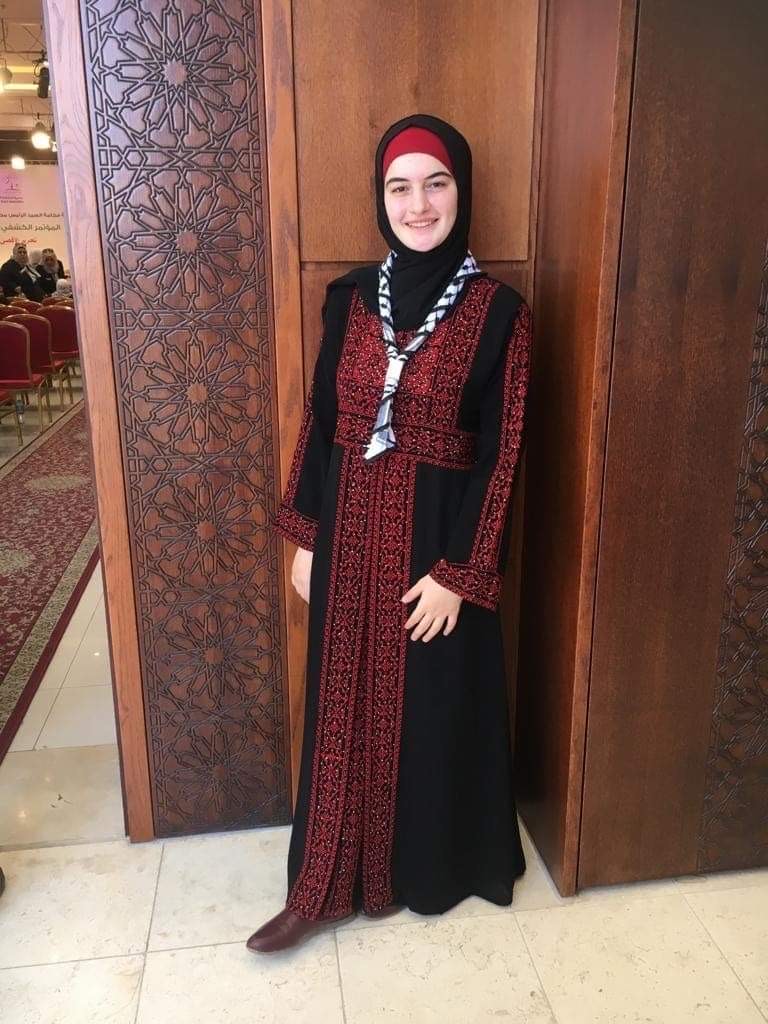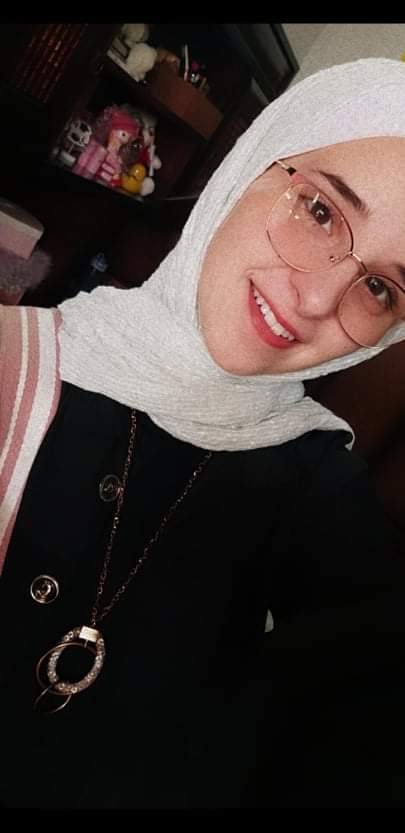Shadi Rouhshahbaz is a 26-year-old Iranian peacebuilder nearing the end of a two-year study period focusing on migration and mediation in the Mediterranean context. She is currently based in Italy.
“The message I would like to get through is: use Virtual Exchange to create a meaningful intercultural experience for young people. They even offer free training!”
“I’m passionate about intercultural exchange between the two shores of the Mediterranean”, she explains.
“Virtual Exchange is a very misunderstood concept and many people just think it’s a cosy chat online and nothing more. There is so much more to it that needs to be experienced! ”
Virtual Exchange can offer young people from Europe and the Southern Mediterranean region, the opportunity to engage in meaningful intercultural dialogue especially at a time when crossing borders can be problematic due to many issues including visas, financial constraints and now, COVID-19.
Shadi feels she has an advantage in Europe as she is from Iran, she has travelled to Tunisia for research and now she studies in Italy. Consequently, she can participate in these opportunities, and therefore share her multifaceted perspective...
“From the southern Mediterranean side, there is a tendency to idealise Europe. Whilst I agree there is more transparency and less corruption, it is far from the utopian image many seem to have in their minds about it. This only becomes apparent when you engage in Virtual Exchange with people from the ‘other side’ when you can talk about what it’s really like.
For example, whenever the topic of immigration to Europe is brought up, I tell my story of searching for a student accomodation in Venice that took me 3-4 weeks with many incidents of being ghosted by landlords as soon as they learned about my nationality. This is a real eye-opener for my fellow participants who assume everything is equal and inclusive in Europe.
From the other side, certain European participants have a tendency to perceive the Southern Mediterranean region as backward, dangerous, with less culture and civilisation. I have seen some participants totally transform their views once they engage with their Middle Eastern and north African peers and see that they are well-educated, speak not only English and French perfectly, but also many variations of Arabic and lots of other local languages such as Tamazight. When they realise it isn’t all ‘camels and couscous’, it is transformative as stereotypes and assumptions are challenged on all sides.”
Shadi says the facilitated sessions are really important as they provide a safe space to talk about difficult issues with trained facilitators using their neutrality to direct the dialogue in a systematic and supported way, managing any strong or even extremist viewpoints and challenging them.
So strongly does Shadi believe in the concept of Virtual Exchange facilitated discussions, that she is currently training to be a facilitator and is eager to have the certificate provided by Erasmus+ Virtual Exchange, although in reality, Shadi has been a facilitator in the Asia Pacific region for quite some time. In fact, she says it was this experience that prompted her to explore how to transfer the knowledge to the Southern Mediterranean region and relate it to the Youth, Peace and Security agenda and her studies. Facilitators allow participants to reflect upon their own biases and have a moment of quiet reflection.
“Facilitation and intercultural dialogue are important life skills. To be able to neutralise potentially difficult situations; prevent things from becoming personal and stop people from jumping to assumptions. Facilitation is a role that challenges perspectives and gives ideas a safe place in which they can evolve.”
Shadi has travelled to 10 countries but says that compared with her European friends this is nothing as they can travel across 27 countries with no restrictions. Virtual Exchange provides the ability to cross borders without travel.
“While we advocate for the freedom of movement for people who can’t get the visas and permissions to travel freely, we can use Virtual Exchange to learn about what is really like across borders.”
As one of the people who brainstormed for the formation of the Erasmus+ Virtual Exchange Youth, Peace and Security course , Shadi’s message is loud and clear: “If you have ideas and if you are educated to a certain level, you have the opportunity to take your idea out into the community and turn them into action. Big organisations have limited resources and not enough time to understand local needs and realities but young individuals with ideas can really help in this regard and use Virtual Exchange to engage many young people in some form of cultural exchange.”
“Please do this and use Virtual Exchange! It’s an amazing free resource.”


